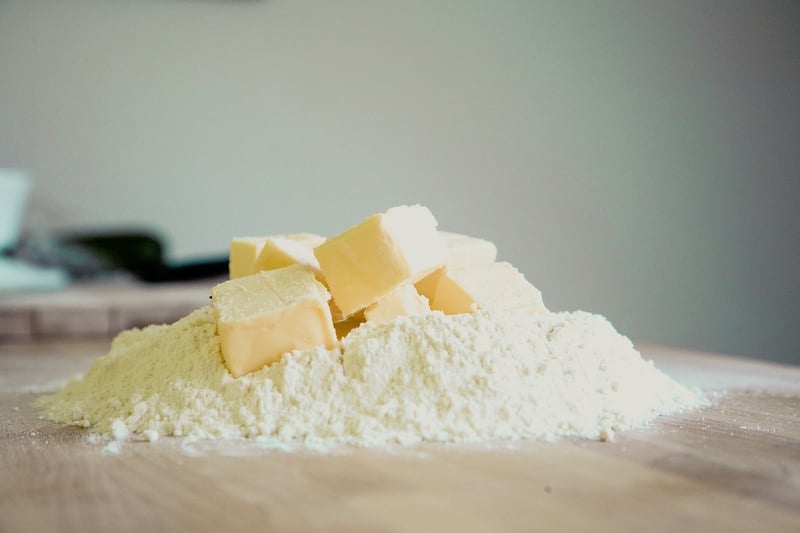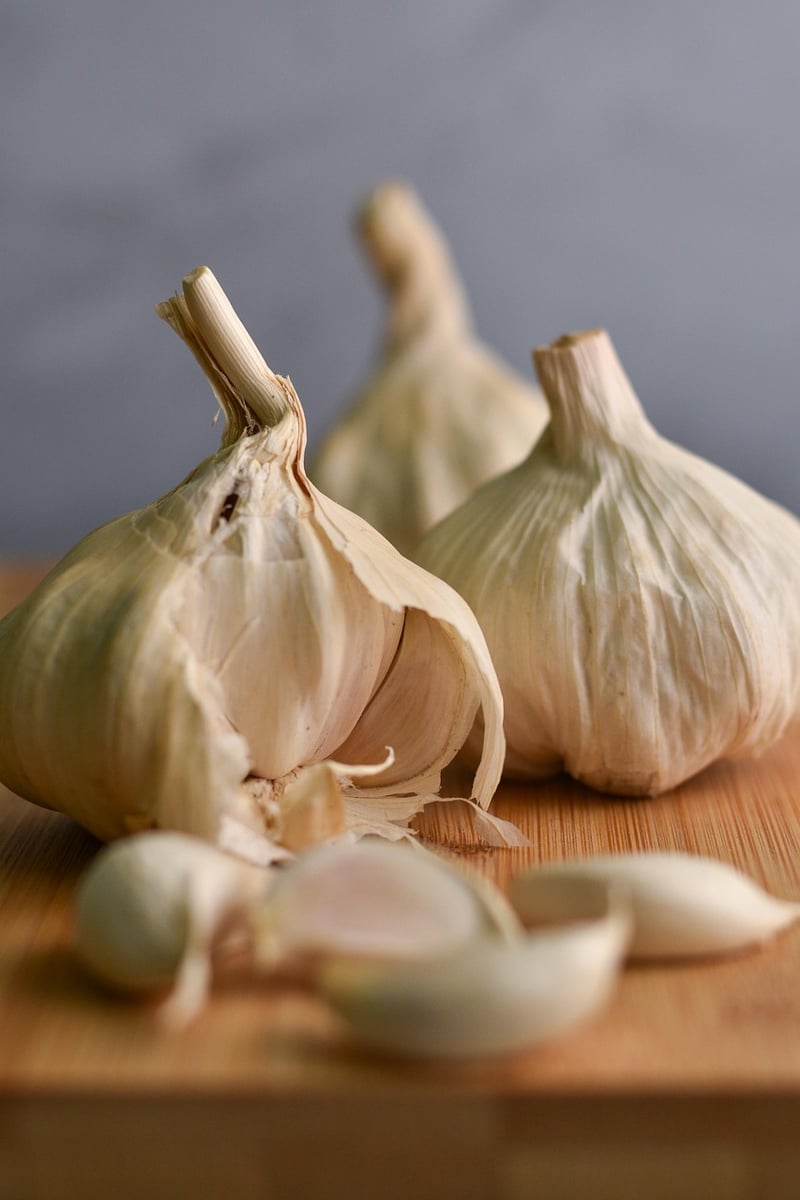Ingredient Substitutions
Enhance Your Culinary Skills with Ingredient Substitutions
Whether you're a novice cook or a seasoned chef, understanding ingredient substitutions can elevate your culinary skills and creativity in the kitchen. Mastering the art of ingredient swaps not only helps you adapt to unexpected situations but also allows you to experiment with new flavors and textures. Here are some essential ingredient substitutions to enhance your cooking repertoire:
1. Baking Powder
If you run out of baking powder, you can make your own by combining cream of tartar and baking soda. For 1 teaspoon of baking powder, mix 1/2 teaspoon of cream of tartar with 1/4 teaspoon of baking soda.
2. Buttermilk
Substitute buttermilk with a mixture of milk and either lemon juice or white vinegar. For every cup of buttermilk, use 1 tablespoon of lemon juice or vinegar and enough milk to make 1 cup. Let it sit for a few minutes before using.
3. Eggs
For baking recipes that call for eggs, you can replace each egg with 1/4 cup of applesauce or half a banana for moisture and binding. Alternatively, use 1/4 cup of yogurt or 2 tablespoons of cornstarch mixed with 2 tablespoons of water per egg for binding.
4. All-Purpose Flour
If a recipe requires all-purpose flour but you're running low, you can substitute it with whole wheat flour, almond flour, or coconut flour based on your dietary preferences and the desired texture of the dish.
5. Honey
Replace honey with maple syrup, agave nectar, or corn syrup in equal quantities for sweetness in recipes. Each substitute may impart a slightly different flavor profile, so choose based on your taste preferences.
6. Fresh Herbs
If a recipe calls for fresh herbs that you don't have on hand, you can use dried herbs instead. Remember that dried herbs are more concentrated, so use one-third of the amount specified for fresh herbs.
7. Vegetable Oil
When you're out of vegetable oil, consider using other oils like olive oil, coconut oil, or even applesauce for baking. Each oil brings its unique flavor, so choose based on the dish you're preparing.
By mastering these ingredient substitutions, you can adapt to various cooking scenarios, cater to dietary restrictions, and unleash your creativity in the kitchen. Experiment with different substitutes to discover new flavors and techniques that will enhance your culinary skills.

Keep exploring and innovating in your cooking journey!
